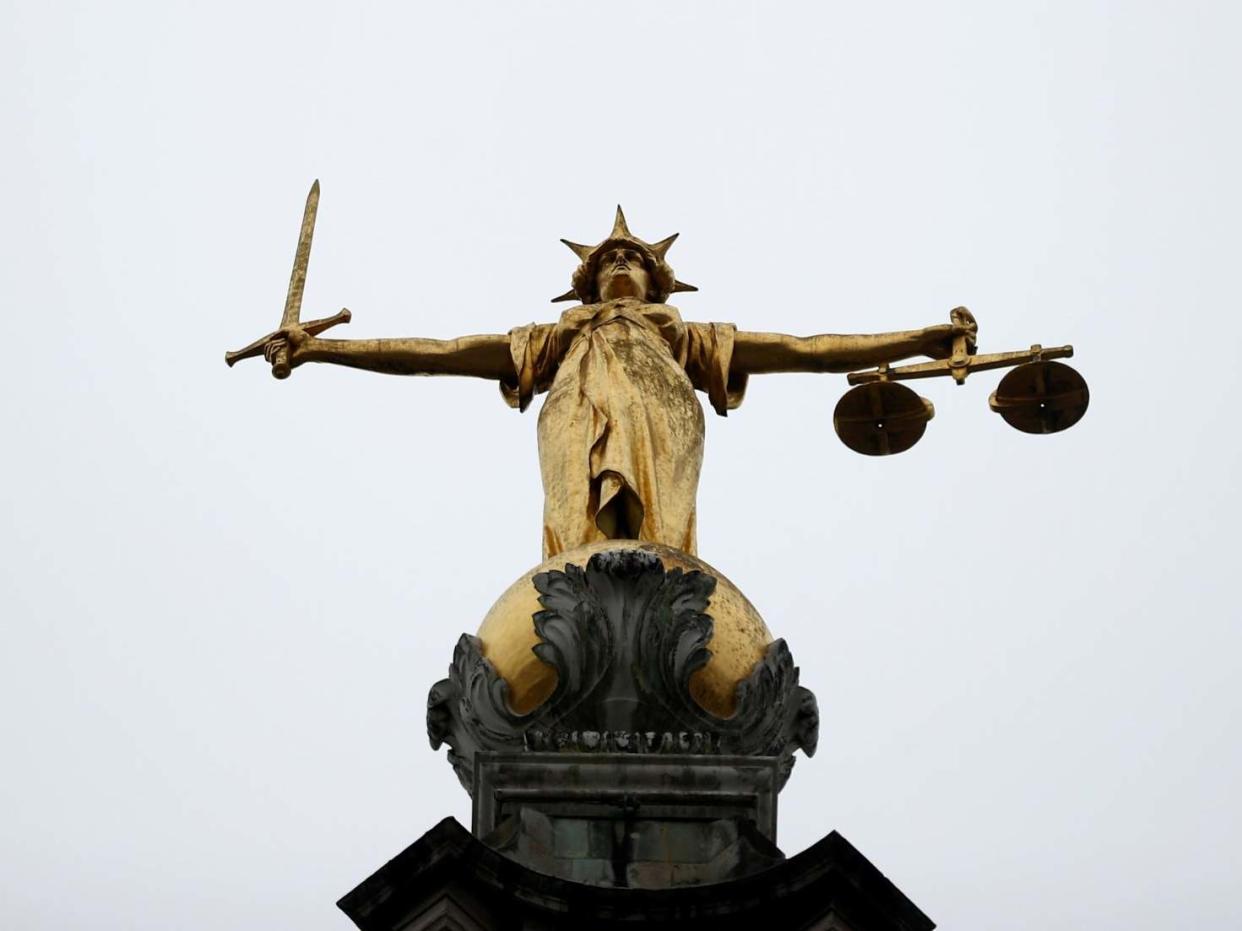Our justice system is shirking difficult rape cases – and failing women in the process

If your house got broken into, you’d call on a neighbour to corroborate that your alarm went off; if someone mugged you, that man at the bus stop might have seen it.
But when a man forces himself on a woman without her consent, who is there to witness it? Most of the time, only she. With no eyewitnesses in the majority of cases, rape must be approached differently by police and prosecutors – and presented to juries to ultimately decide.
But this isn’t happening. Instead, women are being let down by a flailing justice system desperate to keep up appearances in the wake of brutal budget cuts.
Despite a record number of allegations, the number of rape prosecutions in England and Wales has hit an all-time low, according to the annual Violence Against Women and Girls (VAWG) report, published in September. While rape claims rose by 173 per cent in five years, the number of charges dropped by half, to the lowest figure on record.
The HM Crown Prosecution Service Inspectorate (HMCPSI) has, in a report of its own, attributed these abysmal figures to a lack of resources that have pushed the criminal justice system to “breaking point”. The report also shifted blame from the Crown Prosecution Service (CPS) by citing police failings at the investigation stage.
But a number of women’s groups – including Rape Crisis England and Wales, the Centre for Women’s Justice and the End Violence Against Women Coalition – are calling bullshit. They have launched a legal challenge against the CPS, accusing it second-guessing juries by abandoning hard-to-prosecute cases in order to inflate their conviction rates. Senior police officers have corroborated their suspicion, claiming prosecutors had “raised the bar” for evidence required to take rape cases to court.
This appears to form part of a pattern. In 2017, 47 rape cases collapsed when police and prosecutors were found to have failed to disclose vital evidence that could have made convicting defendants more difficult. Additionally, while there has been a decline in police referrals to the CPS, the decline in cases brought to court by the CPS has been much faster. How, then, has the CPS got off scot-free?
The criminal justice system has been cut to the bone under the Tories: more than half of magistrates courts have closed since 2010; Crown courts are operating at a fraction of their capacity; and cuts to Legal Aid have seen a spike in people representing themselves. From the loss of domestic violence refuges to reductions in Universal Credit, we know women pay the biggest price for austerity – and that is no different in the sphere of justice, where one of the more pernicious outcomes of austerity is falling rape-conviction rates.
But if the system continues to wilfully ignore another key contributing factor – the CPS’s reluctance to bring difficult cases to trial – how can things ever improve for victims?
Rape cases don’t require the kind of supporting evidence (such as eye witnesses, CCTV or documentary proof) that many other cases do, because often, it simply doesn’t exist. Unless evidence exists that could directly contradict an accusation, they should be brought to trial for a jury to judge.
FBI director J Edgar Hoover famously had a name for lawyers who only brought cases to trial they felt confident they would win: chickenshit. The CPS is operating a culture of cowardice over a crime that has always been difficult to prosecute – and failing women in unimaginable ways.
Several women’s groups have said that rape has been practically decriminalised in England and Wales – and with just over three per cent of reports ending in convictions, that’s hard to argue with them. Since #MeToo, more women finally feel able to come forward following sexual assault, but they are being disgracefully let down by our justice system. Why would anyone choose to go through the horrors of a criminal trial – have their life choices, clothes, sexual history and digital records splashed across a court room of strangers – with odds like those?
Read more
Tory budget cuts driving down rape prosecutions, watchdog suggests
Joseph McCann rape victim accuses authorities of ‘abandoning’ her
Judge ‘rules woman was not raped because she did not fight back’

 Yahoo News
Yahoo News 
